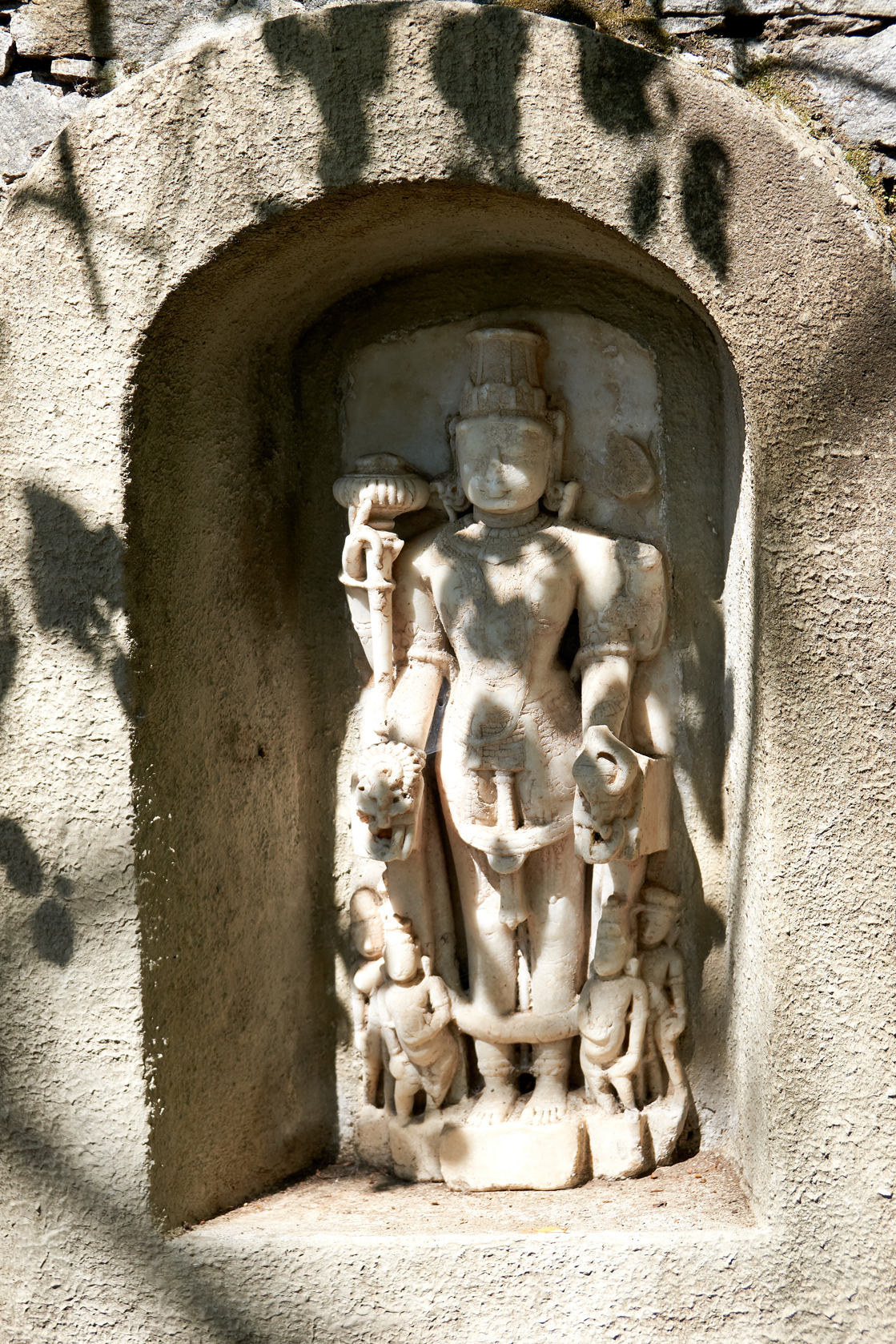
ITA ENG


On Cancel Culture. From Judging to Lynching: Repressions and Discriminations in the Name of Morality
EJL2022-04

Lecture: Without the Past there is No Future. On the Reactionary Nature of "Political Correctness"
Lecturer: Paolo Flores d’Arcais (MicroMega)
Cycle: Eranos-Jung Lectures: On Cancel Culture. From Judging to Lynching: Repressions and Discriminations in the Name of Morality
Date: September 30, 2022, 6:30 p.m.
Place: Auditorium, Monte Verità, Ascona
Chairman: Fabio Merlini (Eranos Foundation, Ascona)
Discussion
Refreshment and meeting with the lecturer
The recording of the conference can be viewed on the official YouTube channel of the Eranos Foundation.
Introduction
The "culture of erasure" actually accomplishes the erasure of culture and is part of the family of "political correctness", along with Islamophilia, sexophobia (even towards the great nudes of art!), censorship of classics that might offend some identity group, the lexical acrobatics of "gender", the rejection of the biological existence of two sexes, etc. The paradox is that these policies are promoted by groups and environments that proclaim themselves "leftist", "progressive" "radical", while the (dis)values they seek to impose are exquisitely reactionary. A reasoned critical review, which we will sketch here, can demonstrate this.
Lecturer's Biobibliography
Paolo Flores d'Arcais (Cervignano del Friuli, 1944) has always intertwined philosophical work with civil and political commitment. Member of the Communist Party since 1963, he was expelled in 1967 for Trotskyism. It is among the animators and leaders of the student movement of Sixty-eight. In 1977, he was the organizer of the opening conference of the Venice Biennale dedicated to Dissent in Eastern Europe. In 2002, he organized with Nanni Moretti, Olivia Sleiter, and Pancho Pardi the demonstration of the "girotondi", of one million people, held on September 14 in Rome. Among his books, we list here Etica senza fede (1992), L’individuo libertario (1999), Dio esiste? (2005, in dispute with Joseph Ratzinger, Quaderno di MicroMega), Hannah Arendt (2006), Atei o credenti? (2007, in dispute with Michel Onfray and Gianni Vattimo), La democrazia ha bisogno di Dio? Falso! (2013), La guerra del Sacro. Terrorismo, laicità e democrazia radicale (2016), Contro Habermas (2021), Questione di vita e di morte (2019), and the most recent Controversia sull’essere (2021, with Maurizio Ferraris).
--
A culture is born and affirms itself always also from a selective operation of particular contents; from a certain operation of assimilation, rejection, remodulation of previous or coeval cultures: it takes and drops. Also, obviously in relation to the hegemonic forces of which it is eventually the expression. Today, a fierce variant of this logic of "take and leave" is represented by the so-called "cancel culture". It is a culture that, in its most intransigent expressions, seems to have a problem with the cultural past from which it comes: it sees it as a troubling set of inadequacies, of discriminations or injustices according to the yardstick of its own moral standards. A tribunal of memory determined to amend history, freeing it from its sins. In this, cancel culture is a coherent expression of that satisfied and self-referential present, for which past history is always and only a faded, lacking and reprehensible image of oneself. It is a culture that feeds on culprits towards whom to exercise its censure; a culture of sanction. There are cases in which all this is certainly justified, when, for example, the denunciation and sanction is aimed at the present of unacceptable behavior, in open violation of respectful rules that do not harm the dignity of others. Where, however, the question of the modalities through which denunciation and sanction are expressed always remains open. Especially when the system of communication, as happens today, offers tools for taking immediate word, uncontrollable in its effects. When, however, denunciation and sanction are addressed to the cultures of the past, the matter becomes even more complicated. For the risk here is the neutralization of the entire culture, an attempt to wipe the slate clean. Perhaps the inability to bend down with a reflective thought on the contradictions and the very complexity of life; the unwillingness to dialogue, to critical judgment, capable of evaluating and discriminating within the same situation.A regressive tendency not to grasp the chiaroscuro, the nuances. The index of a profound fragility. Finally, a new form of ignorance.